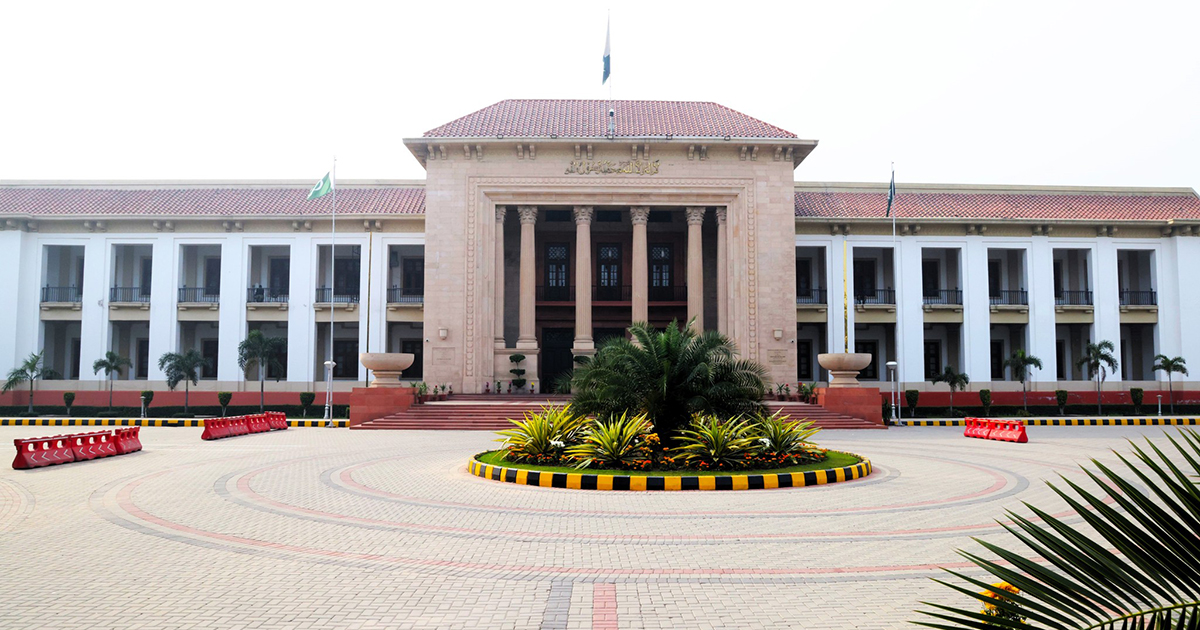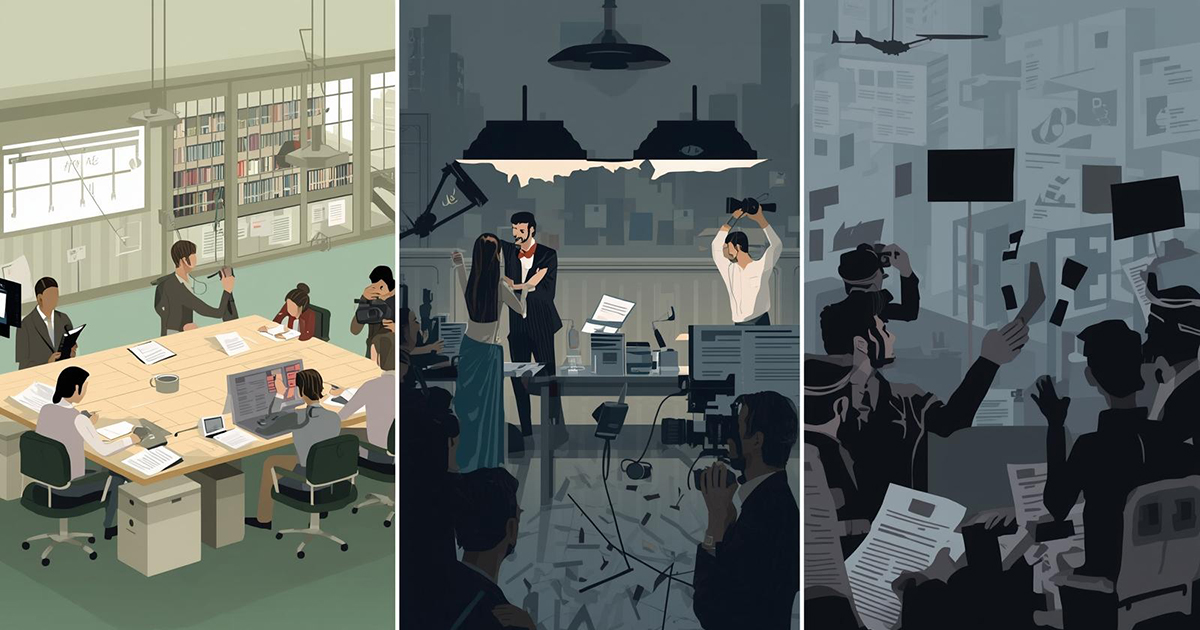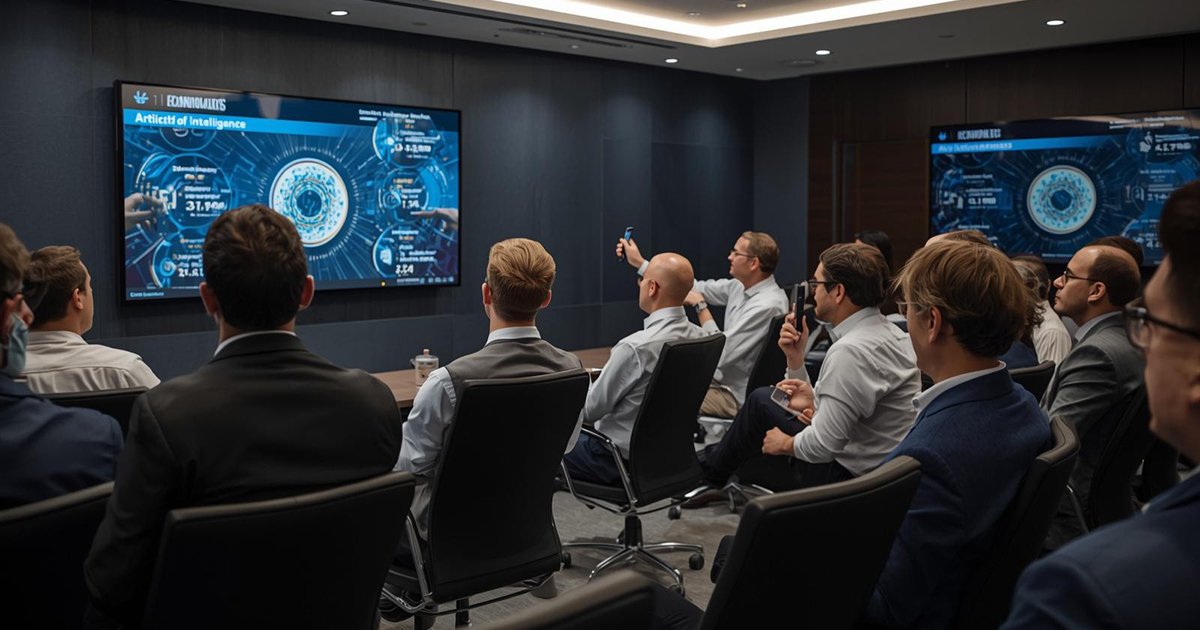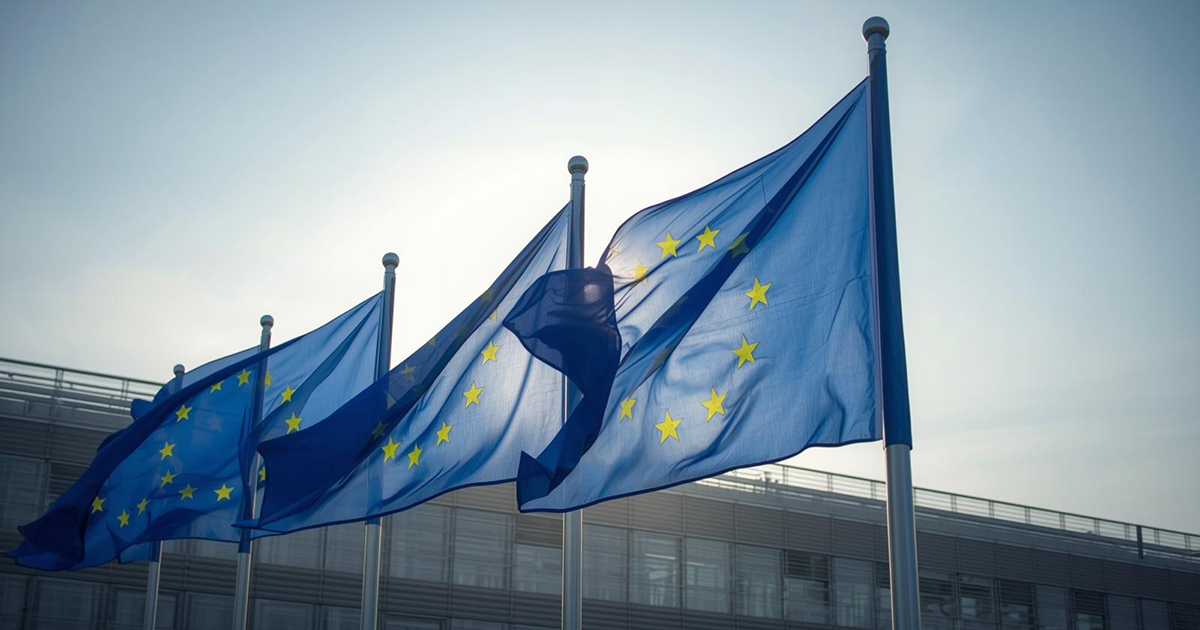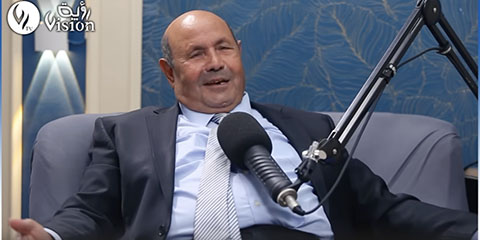Minister elaborates on Rs35 TV license fee included in electricity bill
JournalismPakistan.com | Published 7 years ago
Join our WhatsApp channel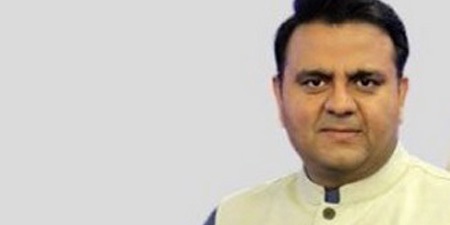
ISLAMABAD: The Rs35 TV license fee included in the electricity bill helps meet the expenditures of commercially unviable Pakistan Television (PTV) channels, Minister for Information and Broadcasting Chaudhry Fawad Hussian told the National Assembly on Friday.
During the question hour, PML-N legislator Saad Waseem asked about the levy of Rs35.
The minister said television license fee is a government tax/levy, which is not related to PTV but is charged for the possession of a TV set. He added that PTV undertakes multiple tasks about national interests, which are not commercially viable and have huge financial implications. “Therefore, against that expenditure, the Government of Pakistan has permitted PTV to collect TV license fee through electricity bills as an agent for the Government.”
The commercially unviable channels include PTV Parliament/National, PTV World, PTV Bolan, PTV Global, and AJK-TV.
The minister said no commercial advertising revenue is generated from these, but “recurring expenditure such as technology, human resource, studios and transponder costs have to be borne by PTV.”
He added that PTV has 101 boosters/re-broadcast stations across the length and breadth of the country, which provides free to air terrestrial transmission. The majority of these boosters is not commercially viable but has been established as part of the national service.
“The TV license fee collected through electricity bills helps to offset a percentage of the expenditure incurred on these highly important, but commercially non-viable projects.”
Photo: Twitter (@fawadchaudhry)



